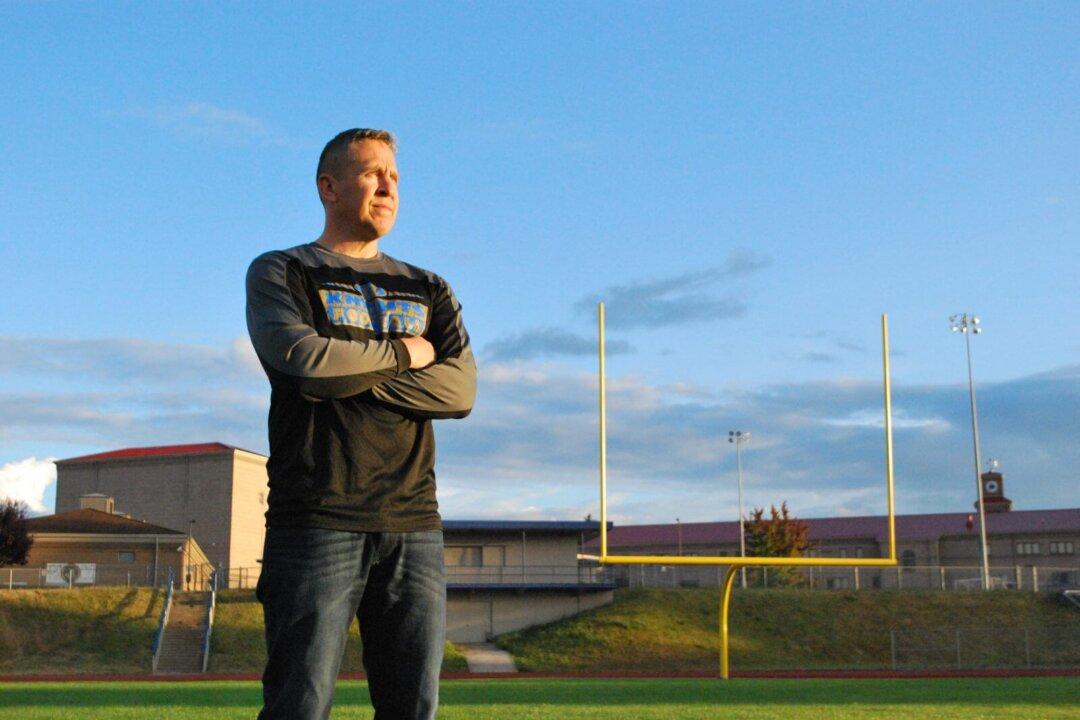A former Washington state public high school football coach who lost his job after praying with his players at the end of games is asking the Supreme Court to affirm his right to kneel at the events.
In a writ of certiorari filed with the High Court earlier this week, attorneys for former Bremerton School District (BSD) football coach Joe Kennedy told the Justices that Kennedy lost his job because of his praying and that two lower federal courts erred in not upholding his First Amendment rights.





